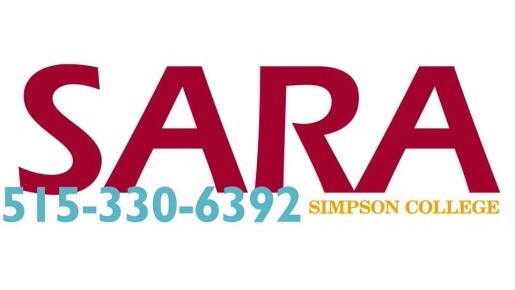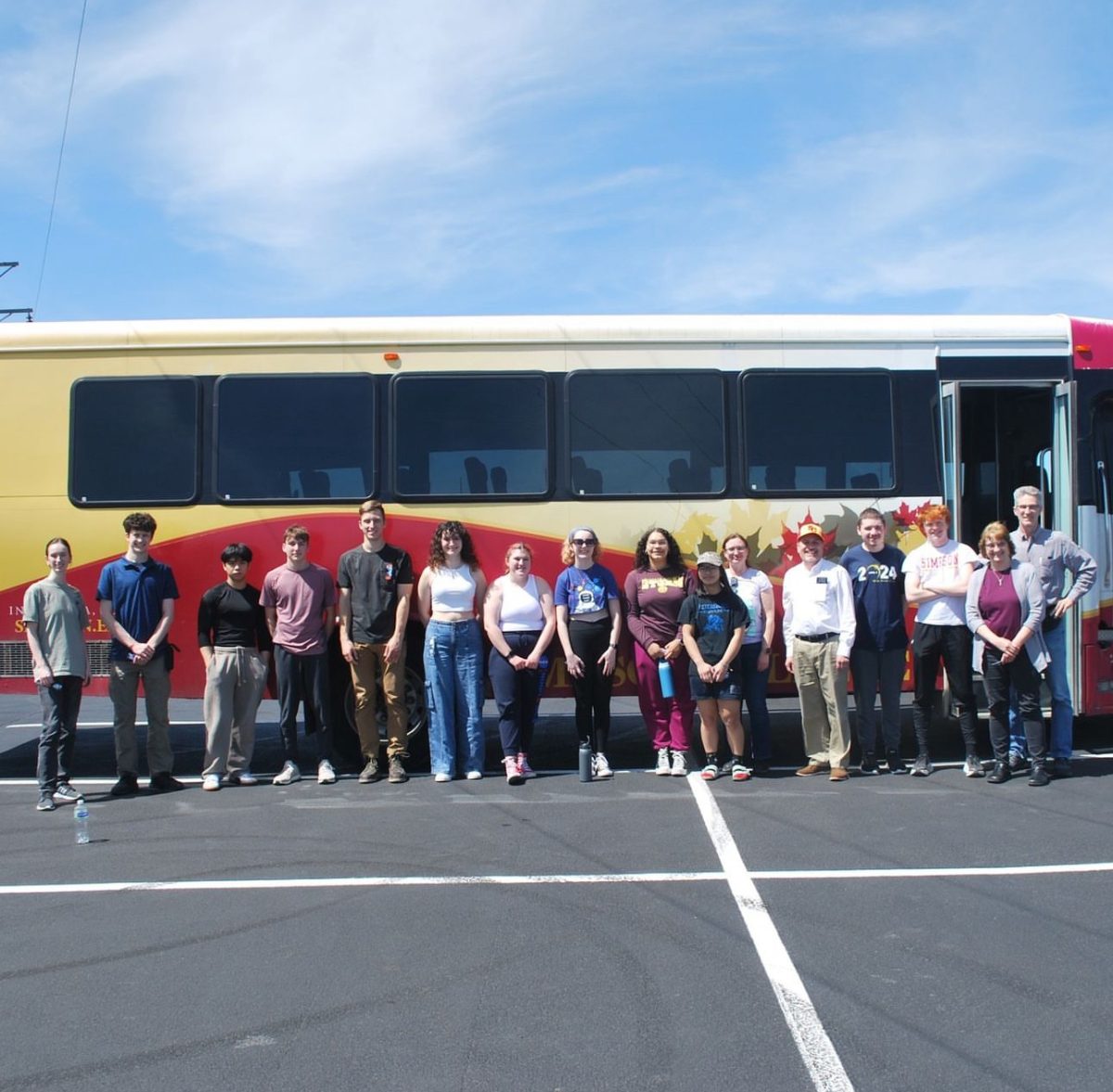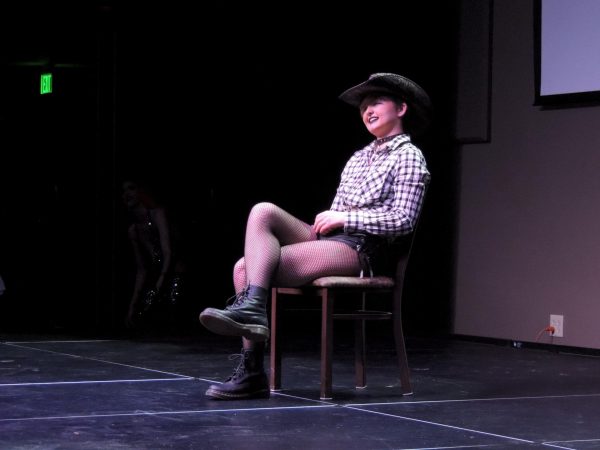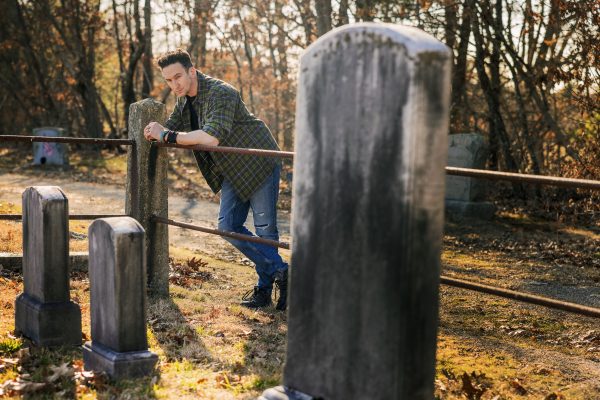Letter to the Editor: SARA is here for you

December 10, 2016
Dear students, faculty and staff,
This article contains information about sexual assault and may be triggering to survivors.
The Simpson SARA crisis line is available at 515-962-2899; the Crisis Intervention Services crisis line is available at 800-270-1620.
Every two minutes, someone in the United States is sexually assaulted.
Sexual assault is not a problem that only happens in other communities and to other people. Sexual assault happens here: at Simpson, in Indianola and in Iowa.
It happens to both men and women of every class, race and age. No population is immune to sexual violence.
If you or someone you know has been sexually assaulted, we want you to know that we are here to help.
Who are we? We are the Simpson SARAs (Sexual Assault Response Advocates) and Crisis Intervention Services.
In 2011, the U.S. Department of Education Office for Civil Rights issued a letter to colleges and universities that laid out specific Title IX requirements and provided guidance to them on how to handle sexual violence on campus.
It was around this time that campuses started to place emphasis on parties obtaining voiced consent, rather than consent being assumed in the absence of one of the parties saying no.
Following this letter, Simpson initiated the SARA program to provide extra services to students faced with sexual violence.
Members of SARA are specially trained advocates who are your peers and are on campus.
These advocates receive a minimum of 30 hours of training and are required to participate in continuing education.
They are supervised by a Crisis Intervention Services team leader. SARAs are available to students who have experienced sexual violence anytime in their lifetime.
These advocates are able to provide crisis counseling, information and referrals. Services are both free and completely confidential.
If an individual does not want a SARA but want a CIS advocate, they can directly call the CIS crisis line.
If the sexual assault occurs while the individual is at Simpson, they have many options.
They can make a report to the college, but they are not required to do so. They can report to the Indianola police, but again, do not have to do so.
If an individual chooses to notify Simpson, the college is prepared to provide accommodations for that student including adjustments in classes, testing, living arrangements and the implementation of a no contact order.
Should a student choose to notify the school or law enforcement, they do not have to do so alone.
Victims have both access and right (Iowa Code 915.2) to the presence of an advocate.
But again, survivors are not required to notify anyone.
They may decide that they only want to talk with an advocate about the situation and not report it.
SARAs and CIS advocates support and respect the decisions each victim makes for themselves.
SARAs partner with full-time advocates at Crisis Intervention Services to provide 24/7 crisis response for sexual assault victims.
All victims are afforded a sexual assault exam, medicine to prevent sexually transmitted infections and Plan B to prevent pregnancy.
All at no charge, and all in complete confidence.
Services extend beyond the immediate crisis and can include on-campus advocacy for accommodations, counseling, accompaniment during reporting and other needs that present themselves related to the assault.
Sexual assault is broader than the attack of a stranger or even what many would refer to as “date rape.”
Sexual violence is pressured, coerced, threatened or forced sexual activity by another person.
Sexual violence includes being sexually harassed through vulgar phone calls, texts and other offensive contact.
It includes interactions through social media and unwelcome advances by an authority figure such as an employer or teacher.
SARAs and CIS are here to help.
We participate in activities throughout the year to raise awareness about sexual assault and how to prevent it.
Anyone can get involved and volunteer. Sexual assault is in our community, and so are the resources that help victims recover.











